suscepit et homines et res suas'.'
"Know that we have received in the custody and protection for our brother Aylwin, who took Redeot
reperacions (?) the bridge of the people and their property"
One incident that took place in 1645 was a civil war skirmish, the Royalist vanguard of Lord George Goring, who was on an order to join Charles I's troops at Oxford, came across a small parliamentary force scouting the area for a place to cross the Thames which resulted in the bridge coming under the control of the Royalist party. The first and not dissimilar skirmish took place in December of 1387 when the Royalist forces of the Earl of Oxford were defeated by the army under the command of the Lord Appellant.
Pole owed his place in Richard's court to his father William, who had supplied ships and lent money to Richard's grandfather Edward III. William de la Pole didn't benefit greatly from the association with the royal family but Michael did, he was placed in Richard's court to advise but was really manipulated by the charismatic young king. He too was rewarded by but found himself on the wrong side at the wrong time - a family trait it seems.
By December, the Lord Appellant numbered five their case against Richard's favourites ended in a charge of treason. Michael de la Pole was impeached, but despite Richard's involvement he was forced to flee to France, however, Robert De Vere, with more bravado than military experience, stood his ground.
Robert de Vere spent the rest of his life in exile, thus avoiding the executioner's blade. He died in 1392, leaving Richard II bereft.
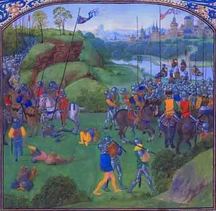
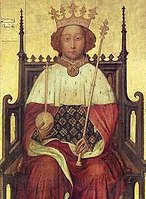
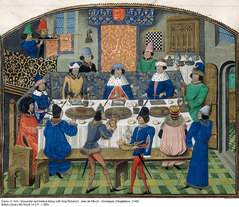
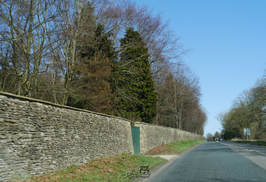
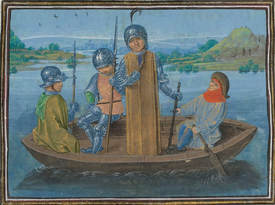

 RSS Feed
RSS Feed
